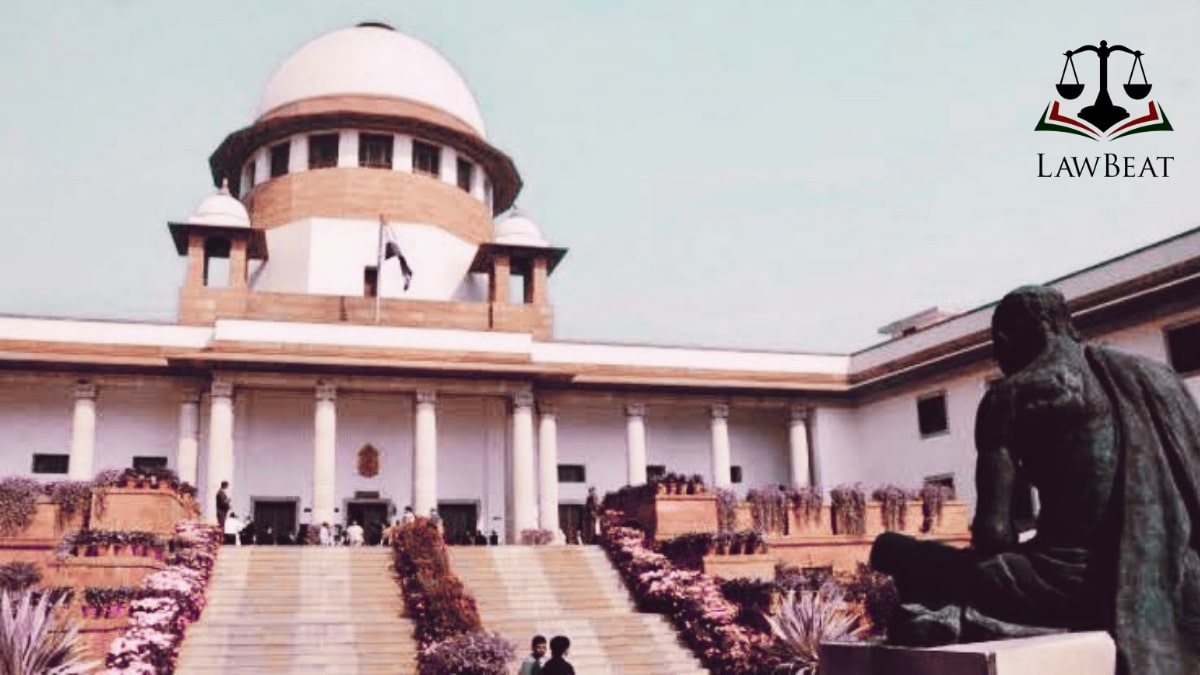Supreme Court grants Centre “final opportunity” to file response in PIL seeking state level identification of Minorities

Supreme Court on Friday has given a final opportunity to the central government to file its response in the plea seeking direction as to whether the Centre can introduce a Uniform Education Code in harmonious construction of Articles 29-30 with Articles 14, 15, 19.
A bench of Justice SK Kaul and Justice MM Sundresh has allowed four weeks to the Centre.
Senior Advocate CS Vaidyanathan has further sought transfer of all the petitions pending before several High Court on similar issues to the Supreme Court. Whereas, the bench allowed the plea seeking transfer of plea pending before various High Courts against the Central Government's notification identifying Muslim, Christians, Sikhs, Buddhists, and Parsis as minorities.
The main PIL is filed by Supreme Court Advocate Ashwini Upadhyay and according to him, Article 29 (Protection of Interest of Minorities) and Article 30 (Right of Minorities to Establish and Administer Educational Institutions) were brought in keeping in view the then situation and after-effects of the religious partition in mind.
The PIL prays for the following reliefs –
- a Uniform Education Code in line with the constitutional provisions,
- direction to declare that Hindus Jains Sikhs Buddhists Jews and Bahais have similar rights to conserve their language, script and culture, and to establish-administer educational institution of their choice like Muslims Christians and Parsis.
- direct the Centre to recognize Gurukuls and Vedik Schools at par with Madarsas and Missionary Schools and implement Uniform Education Code for them in spirit of Articles 2930 read with Articles 14, 15, 19; and pass such other order(s) as deemed fit.
As per the petitioner,
“Separation of religious education has been implemented for majority community but not for minority community and their religious education is treated at par with State Board. Student of Gurukul-Vedic School is not considered eligible for government job but Student of Madrasas-Missionary School is eligible. Certificates issued by Madrasas-Missionary Schools are equivalent to those issued by CBSE-ICSE.”
He further avers in his plea that all citizens should have the right to conserve their language script and culture and the right to establish-administer educational institutions of their choice. Providing this right to minorities alone can hamper the very essence of secularism.
The PIL also mentions Dr. Ambedkar’s explanation of the implications of using the term minority in his speech which read as –
“The word is used not merely to indicate the minority in the technical sense of the word, it is also used to cover minorities which are not minorities in the technical sense, but which are nonetheless minorities in the cultural and linguistic sense. For instance, for the purposes of this article 23, if a certain number of people from Madras came and settled in Bombay for certain purposes, they would be, although not a minority in the technical sense, cultural minorities.”
To further support the stated contentions, the plea draws a nexus between the concept of minority in Europe and the United Kingdom as opposed to that in India.
The petitioner has referred to the landmark TMA Pai case, and other pertinent precedents to aver that the Supreme Court is entitled to evolve the New Principles of Liability to make the guaranteed remedy to enforce fundamental rights real and effectively and that the power conferred by Article 32 of the Constitution of India is wide and must be used to “forge new tools and device new remedies.”
“Education is recognized under the head of charity. Thus, allow both minority and majority communities to set up such institutions, if not fall under the special carved out under Article 29-3O. Hence Constitution grants fundamental rights to establish and manage educational institutions by the minority groups as well as the Majority Hindu Community,” states plea.
Case title – Ashwini Kumar Upadhyay v Union of India
